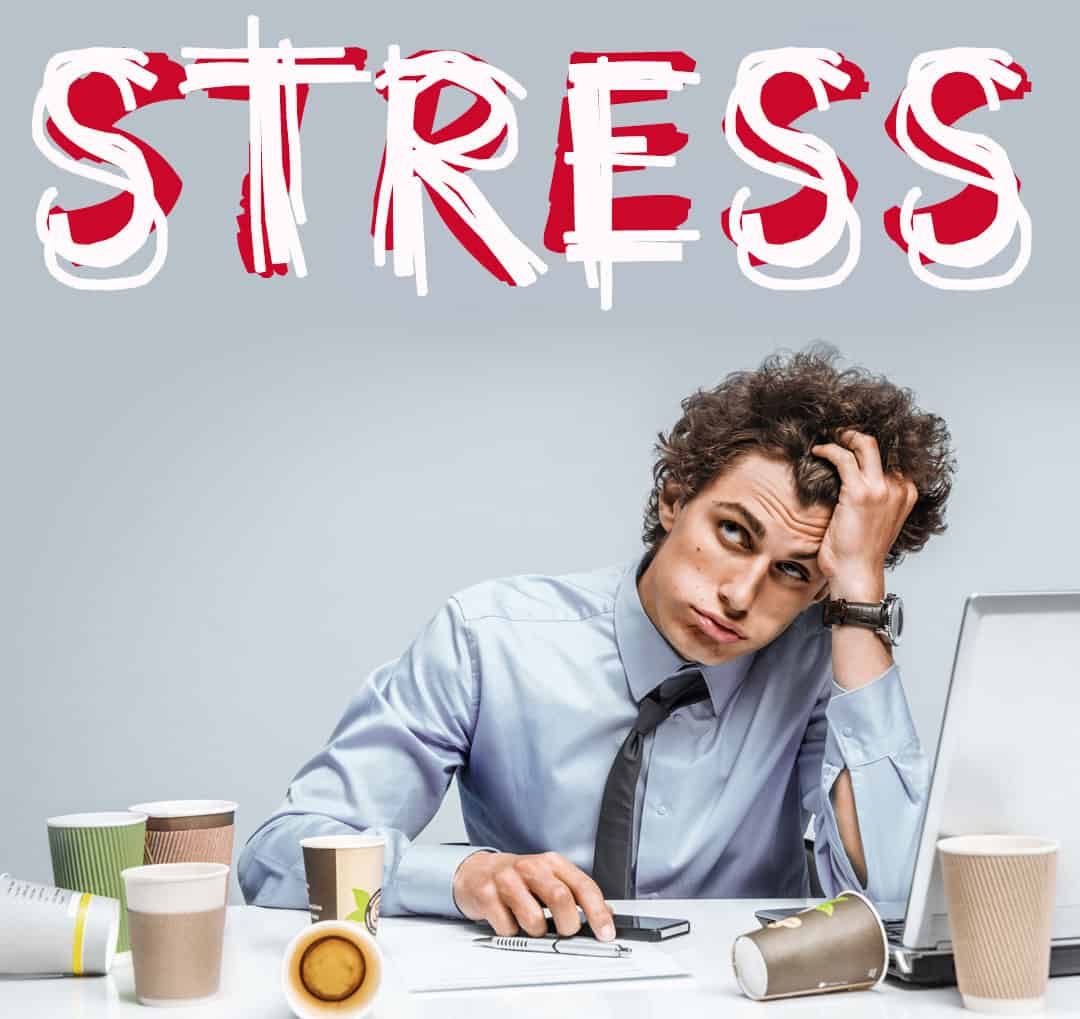Mastering Stress Management
- Description
- Curriculum
- Reviews

-
6What is Stress?
Stress is a term we often hear, and it's something each of us has experienced at some point in our lives. It's a universal human experience.
-
7The Stress Response
The stress response, often referred to as the "fight-or-flight" response, is an innate and automatic reaction that our bodies have developed over thousands of years of evolution.
-
8The Impact of Stress on Health
Stress is an unavoidable part of life. It can come from various sources, such as work, relationships, financial pressures, and even the daily hassles we encounter.
-
9Practical Exercise
-
10Module 1 Quiz
-
14Common Stressors: Identifying the Sources of Your Stress
Understanding these stressors is the first step toward effective stress management.
-
15Personal Stress Assessment
Personal stress refers to the unique combination of stressors that affect an individual's well-being. These stressors can be external or internal, and they vary from person to person.
-
16Recognizing Stress Warning Signs
Recognizing these warning signs is the first step towards effective stress management and maintaining your overall well-being.
-
17Practical Exercise
-
18Module 2 Quiz
-
19Healthy Eating Habits
We all know that what we eat affects our physical health, but it also has a profound impact on our mental well-being.
-
20Regular Exercise and Its Stress-Relief Benefits
Exercise triggers the release of endorphins, often referred to as "feel-good" hormones. These endorphins act as natural painkillers and mood elevators, reducing stress and anxiety.
-
21The Importance of Sleep
Sleep is a natural and essential state of rest for our body and mind. It's not just a period of inactivity; it's a dynamic process during which the body performs numerous vital functions.
-
22Practical Exercise
-
23Module 3 Quiz


